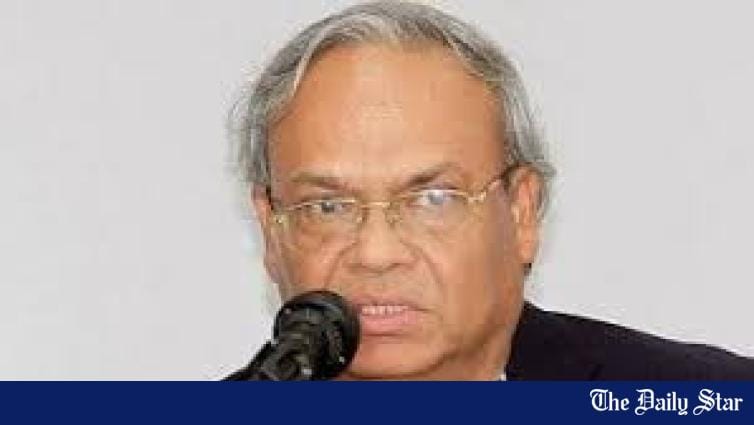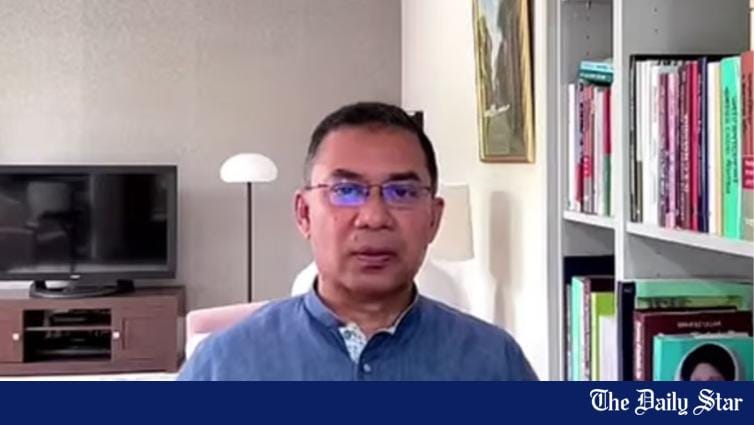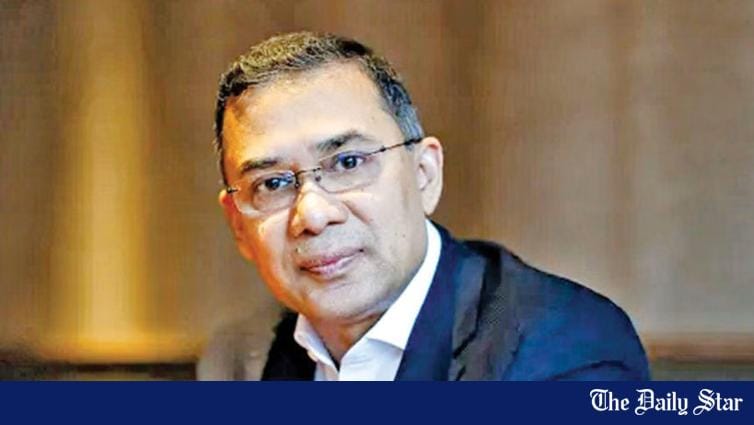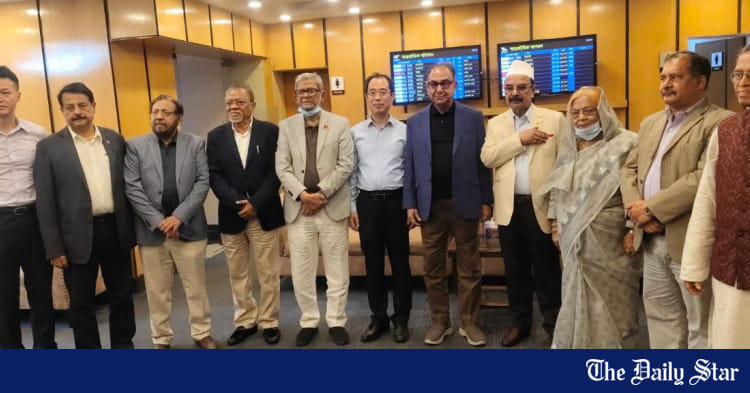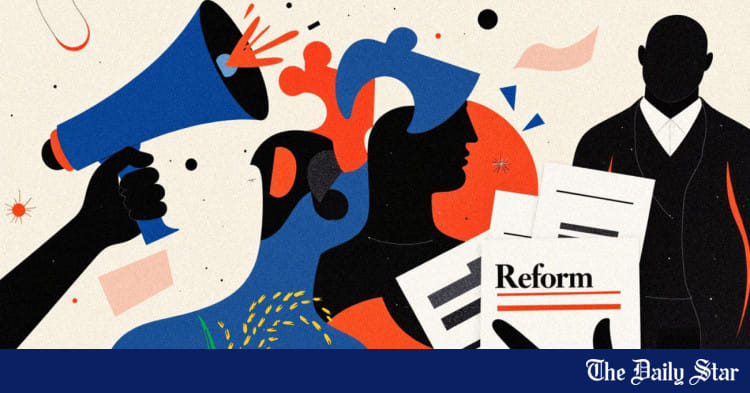Saif
Senior Member
- 13,623
- 7,405
- Origin

- Axis Group

- Copy to clipboard
- Thread starter
- #251

undefined | The Financial Express
BNP’s Ishraque apologises for appearing in photo with actor Chanchal Chowdhury
bdnews24.com
Published :
May 19, 2025 22:04
Updated :
May 19, 2025 22:04

BNP leader Ishraque Hossain has apologised for taking a picture with actor Chanchal Chowdhury at a private television programme.
In a post to his verified Facebook page, he wrote that he attended an awards ceremony as chief guest at the invitation of a TV station on Friday.
He claimed to have had no idea about who would attend the ceremony or present the awards.
He wrote, “During the ceremony, I was photographed with a very controversial person whose activities I was unaware of.
“Since I was living outside Bangladesh in 2015, many sensitive events of that time are unknown to me.
“After seeing this picture, many of my comrades were deeply hurt. I apologise for that and promise to be more careful in the future.”
The BIFA Awards were organised on the private ETV on May 16.
Ishraque, who lost the 2020 DSCC election to Sheikh Fazle Noor Taposh, was declared mayor by a tribunal on Mar 27.
The Election Commission issued a gazette on Apr 27, but he has not yet taken the oath.
The Local Government Division is delaying the swearing-in pending a High Court ruling on a petition challenging the tribunal's verdict. It has warned supporters against disruptive protests.
bdnews24.com
Published :
May 19, 2025 22:04
Updated :
May 19, 2025 22:04
BNP leader Ishraque Hossain has apologised for taking a picture with actor Chanchal Chowdhury at a private television programme.
In a post to his verified Facebook page, he wrote that he attended an awards ceremony as chief guest at the invitation of a TV station on Friday.
He claimed to have had no idea about who would attend the ceremony or present the awards.
He wrote, “During the ceremony, I was photographed with a very controversial person whose activities I was unaware of.
“Since I was living outside Bangladesh in 2015, many sensitive events of that time are unknown to me.
“After seeing this picture, many of my comrades were deeply hurt. I apologise for that and promise to be more careful in the future.”
The BIFA Awards were organised on the private ETV on May 16.
Ishraque, who lost the 2020 DSCC election to Sheikh Fazle Noor Taposh, was declared mayor by a tribunal on Mar 27.
The Election Commission issued a gazette on Apr 27, but he has not yet taken the oath.
The Local Government Division is delaying the swearing-in pending a High Court ruling on a petition challenging the tribunal's verdict. It has warned supporters against disruptive protests.






